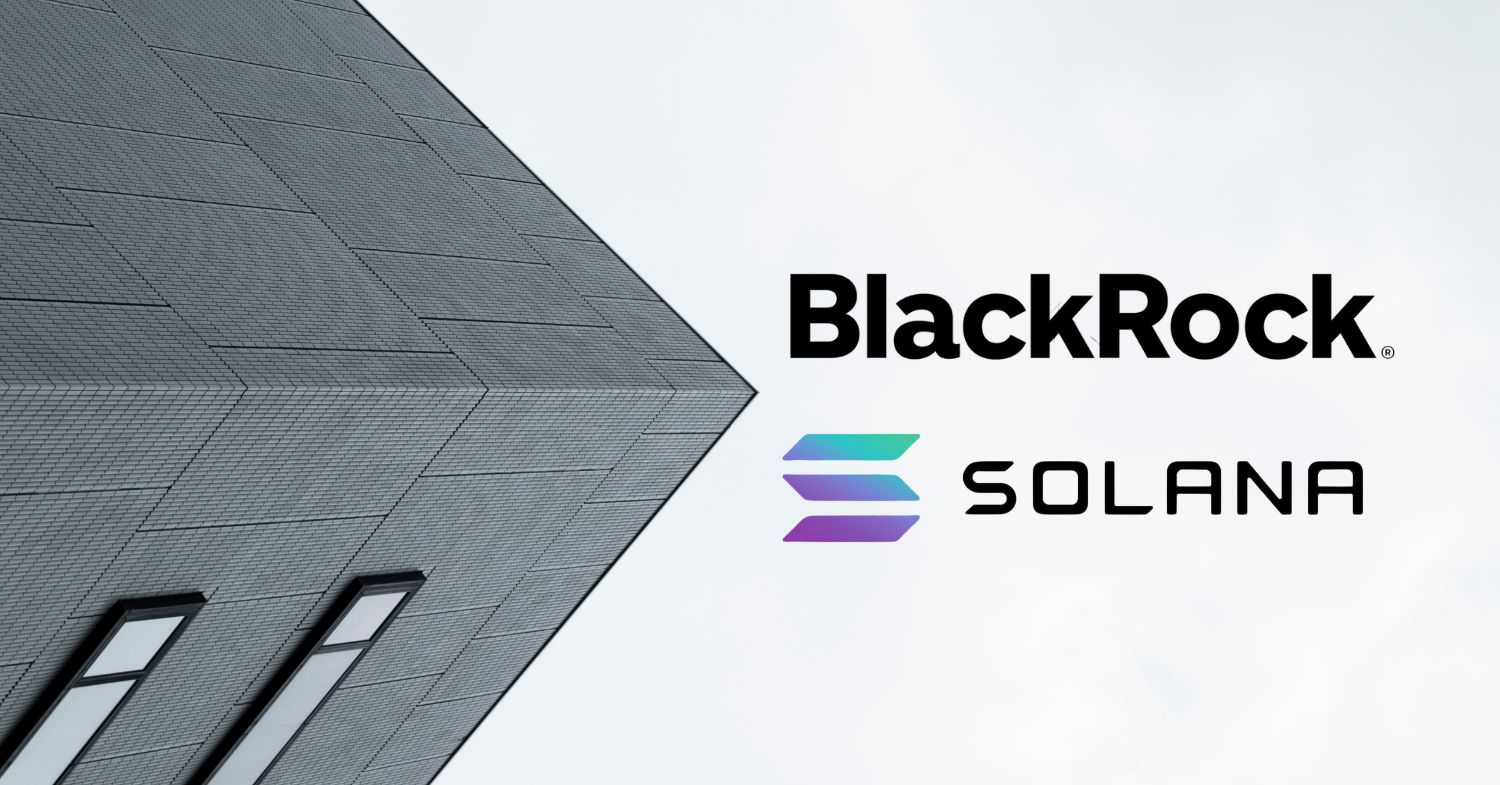
BlackRock’s Entry into the Tokenization Space
BlackRock, the world’s largest asset manager, has made a significant move into the burgeoning world of tokenized assets. This signifies a major validation of the technology’s potential and suggests a potential shift in how assets are managed and traded in the future. Their foray isn’t just a small experiment; it’s a strategic initiative signaling their belief in the long-term viability of blockchain technology for streamlining financial processes.
What are Tokenized Assets?
Tokenized assets represent the fractional ownership of real-world assets, like stocks, bonds, real estate, or even art, on a blockchain. This digital representation allows for easier, faster, and potentially cheaper trading compared to traditional methods. Instead of navigating complex paperwork and clearinghouses, transactions are recorded securely and transparently on a distributed ledger. This technology makes it easier to trade even illiquid assets, which are hard to buy or sell quickly due to limited buyers or sellers.

BlackRock’s Specific Initiatives
BlackRock’s involvement isn’t limited to theoretical exploration. They are actively developing and deploying their own systems and platforms related to tokenization. While the specifics of their projects are still unfolding and often shrouded in strategic confidentiality, their actions indicate a commitment to offering tokenized asset management services to their extensive client base. This could range from creating their own tokenized funds to providing technological infrastructure for other companies to manage their tokenized assets.
The Benefits of Tokenized Assets for Investors
For investors, tokenized assets offer several potential advantages. Fractional ownership allows access to high-value assets that might previously have been out of reach for smaller investors. The increased liquidity offered by blockchain technology can lead to faster and more efficient trading. Furthermore, the transparency of the blockchain ensures greater accountability and reduces the risk of fraud or errors associated with traditional record-keeping systems. The ease of cross-border transactions is another key benefit; the borderless nature of blockchain simplifies international investments.
The Technological Underpinnings
The technology powering BlackRock’s tokenization efforts isn’t yet fully public, but it’s likely built upon existing blockchain platforms and smart contracts. Smart contracts are self-executing contracts with the terms of the agreement directly written into lines of code. This automation streamlines the transaction process, reducing reliance on intermediaries and lowering costs. The choice of specific blockchain technology is crucial, balancing factors like scalability, security, and regulatory compliance. BlackRock will likely use well-established and robust blockchain solutions that comply with existing financial regulations.
Regulatory Considerations and Challenges
The regulatory landscape surrounding tokenized assets is still developing. Different jurisdictions have different approaches, creating complexities for global asset managers like BlackRock. Navigating these varying regulations is a key challenge, requiring close collaboration with regulatory bodies and careful consideration of legal compliance. BlackRock’s vast resources and experience in regulatory compliance will be crucial in overcoming these hurdles and shaping future policies.
The Future of Tokenized Assets and BlackRock’s Role
BlackRock’s involvement is a significant indicator of the growing maturity and acceptance of tokenized assets within the mainstream financial world. Their entry is likely to accelerate the adoption of this technology, leading to further innovation and increased efficiency in asset management. Their scale and influence will play a major role in shaping the future of tokenized assets, setting industry standards and potentially driving further regulatory clarity in this evolving space. The implications for the broader financial landscape are substantial, promising a more transparent, efficient, and accessible investment ecosystem.
Potential Impact on Traditional Finance
The long-term impact of tokenized assets on traditional financial markets is potentially transformative. Increased liquidity and efficiency could disrupt existing trading mechanisms. The potential for reduced costs and increased accessibility might lead to a more inclusive and democratized financial system. However, it also presents challenges to established intermediaries, prompting them to adapt and integrate blockchain technology into their own operations. BlackRock’s actions will play a vital role in determining the pace and scope of this transformation. Read more about BlackRock tokenized assets.
